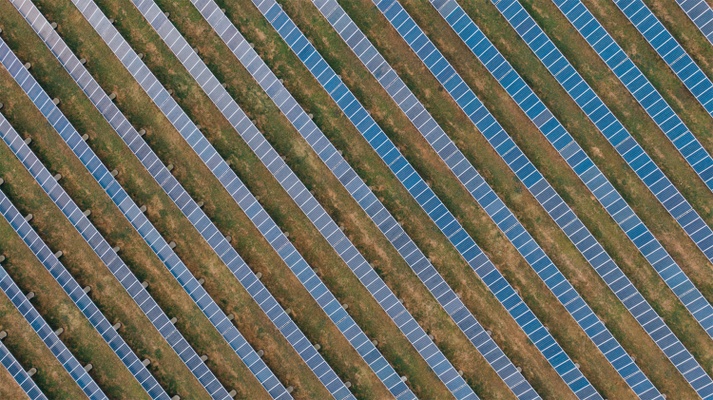What’s next: Five takeaways on the IPCC synthesis report from climate experts



- Author
- Cecile BussyPR & Communications
- Reviewer
- Renaud BettinVP Climate Action & Sales Enablement
- Category
- Insight
- Published
- 22 March 2023
Make-or-break for leaders, scaling climate technology, and closing the funding gap: Read the comments of five leading climate experts on the release of the IPCC synthesis report.
On 20 March 2023, the Intergovernmental Panel on Climate Change (IPCC) released the synthesis report, in which climate scientists draw a comprehensive picture of the observations, projections, and impacts of climate change.
Concise and actionable, this latest report focuses on what we need to get done to limit, anticipate, and adapt to the consequences of a warming planet.
An all-hands-on-deck approach is the way forward. From governments to financial institutions, small businesses to individuals, working together is crucial to meeting our 1.5C target.
As we take stock of this report and look into our current climate efforts, here are some insights from leading climate experts, to help you shape the next steps in your decarbonization roadmap.
💥 Leaders, go climate or go home – Renaud Bettin, VP of Climate Action at Sweep
This report is a make-or-break for leaders across sectors. Either they take the climate crisis seriously or they pull out. If we maintain the same level of action, the world is expected to cross the 1.5C threshold in the 2030s. Those who want to keep playing political games and climate denial cards need to step out. We need leaders that walk the talk, leverage the plethora of climate solutions, and implement them coherently.
🎯 Moving away from fossil fuels is imperative to meet our 1.5C target and global development goals – Marie-Anne Vincent, VP of Climate Finance at Sweep
Still today, governments and companies spend more money making fossil fuels cheaper than on solutions to slow down and adapt to climate change. The findings of the IPCC report show that divesting from fossil fuels would help solve our pollution problem. Aligning financial flows with a pathway towards low greenhouse gas emissions and climate-resilient development will help strengthen the global response to climate change.
🚀 Scaling the use of climate technology globally – Dr. Oliver Geden, Senior Fellow at the German Institute for International and Security Affairs (SWP)
We need all the help we can get to fast-track, streamline, and level up global climate action. With the rise of game-changing technology, such as climate risk assessment tools and direct air capture plants, the breadth of solutions to limit global warming already exist. Now it’s about accelerating R&D and developing common methods for the measurement, reporting, and verification of carbon flows.
🗣️ Communication is key to driving the collaboration we need to tackle this crisis – Katharine Hayhoe, Climate scientist
Taking action is great, talking about it is better. What you’re doing, why you’ve decided to do it, how you’re implementing your action plan, can inspire other people to do the same – creating a massive domino effect of climate action globally. Your company has decided to only work with climate-committed suppliers: Explain why. Your team’s now hosting a monthly meatless cooking workshop: Invite your customers.
As Katharine Hayhoe wrote in the Times: “Climate action isn’t a giant boulder sitting at the bottom of a steep hill with just a few hands on it. It’s already got millions of hands on it, and it’s already slowly rolling in the right direction. It just needs to go faster.”
🌳 Closing the funding gap for natural climate solutions – Alice Alpert, Senior Scientist, Environmental Defense Fund
From overconsumption to excessive waste, our current relationship with nature is jeopardizing the livelihood of future generations. The good news is that investment mechanisms, such as carbon markets and climate dividends, can help flow the trillions of dollars needed to protect, restore, and sustain natural ecosystems. Alice Alpert argues conservation management and restoration of forests and other ecosystems have the potential to bring the largest economic benefits from our climate mitigation activities.
It’s a “no brainer” to invest in climate today.
The science is clear. We already see the consequences of climate change on the health of our economic, social, and environmental ecosystems, from supply chain disruptions to human migrations.
At Sweep, we see climate action as an opportunity for your organization to become a leader of tomorrow’s low-carbon economy. By measuring, tracking, and acting on your carbon data, you’ll take effective steps towards climate goals, all while identifying the risks and opportunities of the green transition.
Learn how to turn your climate strategy into a creative force for innovation and positive growth. Get in touch
More stories
Track, report and act
Sweep helps you get your carbon on-track
Sign up to The Cleanup, our monthly climate newsletter


© Sweep 2024


